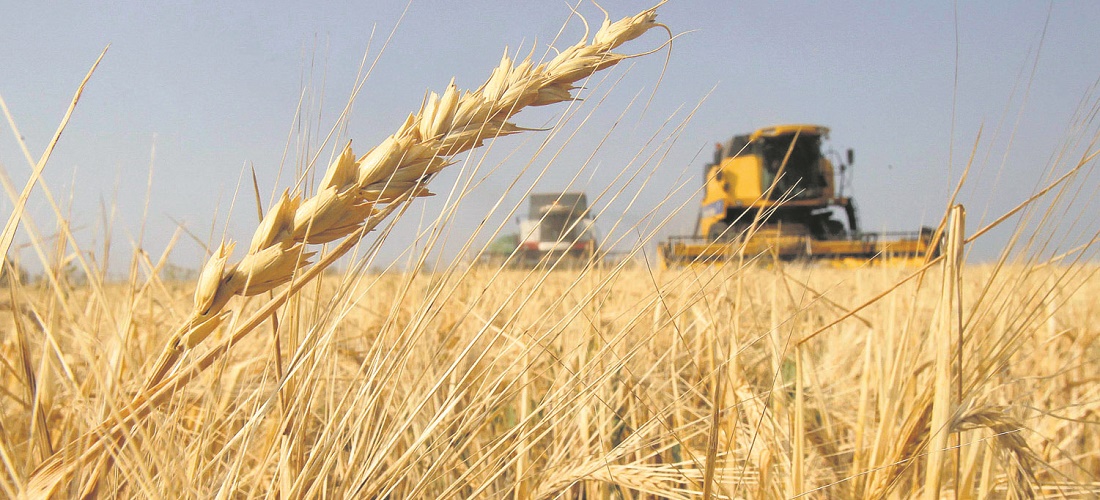
Argentina to control domestic wheat prices as Ukraine conflict heats market
Mar, 03, 2022 Posted by Sylvia SchandertWeek 202209
Argentina’s government said on Thursday it would set up a mechanism to control domestic wheat prices and temper food inflation, a move that comes with global prices of the grain hitting 14-year highs due to the Russian invasion of Ukraine.
The government, which was already limiting exports to contain food prices, said it had agreed with flour mills and exporters to set up a “trust” that would keep down local prices.
“This mechanism responds to the need to decouple prices to protect the domestic market in a global context of war and with the international price of wheat high and sustained,” the ministry of production said in a statement.
Argentina is a major exporter of wheat, as well as being the no. 1 global exporter of processed soy and no. 2 for corn. The 2021/22 wheat harvest is estimated at a record 22.1 million tonnes. Russia and Ukraine are the top two wheat exporters.
The conflict in Ukraine has driven global wheat prices to historic levels. In the domestic Argentina market, the grain closed on Wednesday at an average of 32,103 pesos ($298) per tonne, 19% higher than just a week ago.
The price mechanism would remain in place until the end of January 2024 and would focus on prices of domestic sales of wheat flour and dry pasta, the ministry said.
“This policy contemplates transferring 800,000 tonnes of wheat to the domestic market to guarantee supply and achieve price stabilization of these key products,” it added.
Argentina’s government has previously limited wheat exports from the 2021/22 harvest to 14.5 million tonnes. According to official data, exporters have already declared foreign sales of 13.6 million tonnes.
While the measure was agreed with mills and exporters, the South American country’s farmers appear not to have been included and have opposed proposals for such a mechanism.
Last week the Buenos Aires grains exchange rejected ideas of price control measures, which it described as a “negative stimulus” for production.
Source: Money Times
To read the full original article, please access:
-
Meat
Apr, 06, 2023
0
Argentina resumes poultry exports after cases of avian flu
-
Ports and Terminals
Dec, 09, 2019
0
Lack of dredging hinders operations at the Port of Santos
-
Other Cargo
Aug, 19, 2024
0
Tire imports put Brazilian natural rubber industry in disarray
-
Meat
Mar, 22, 2022
0
Pork exports slow down in the third week of March

